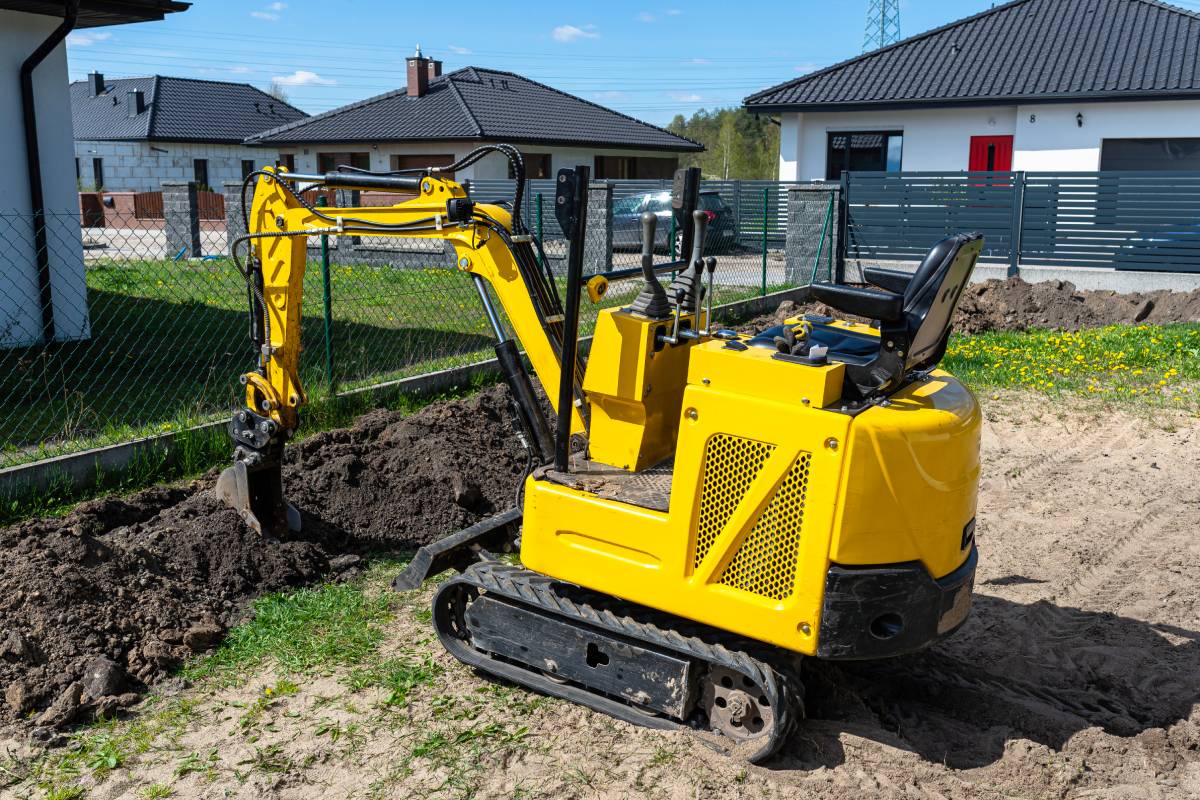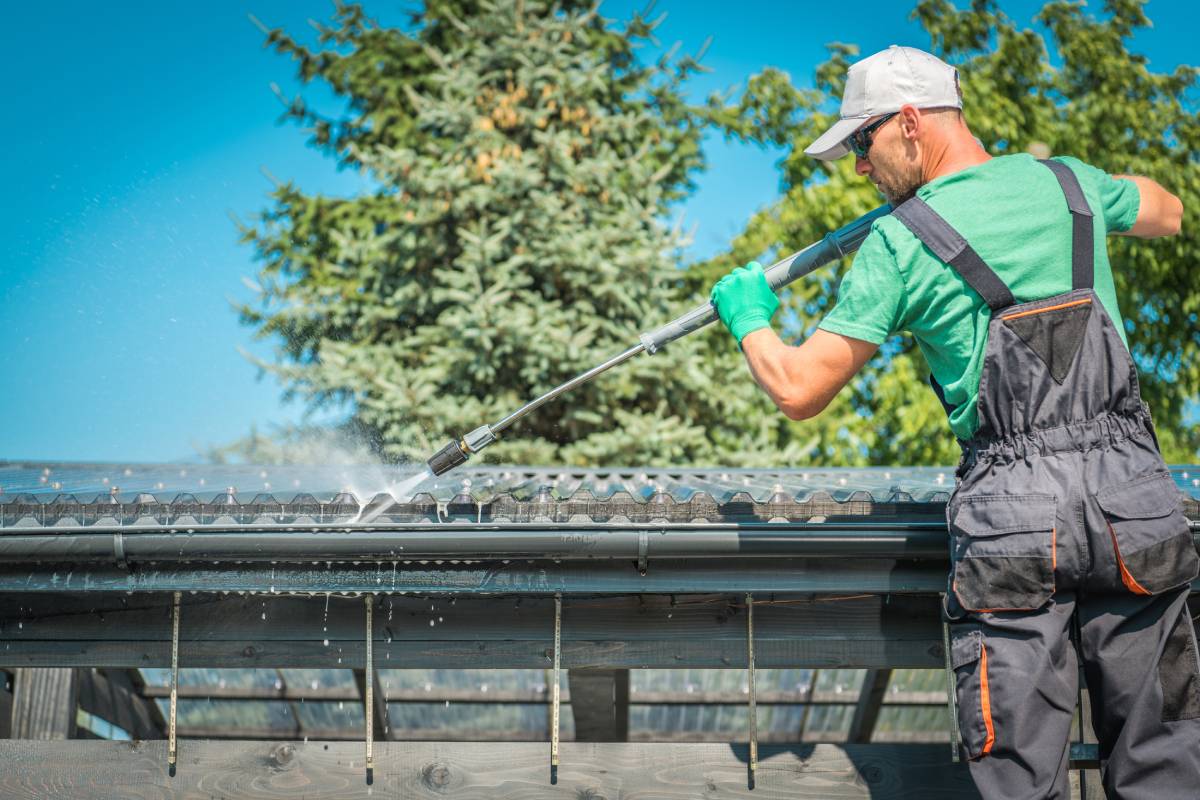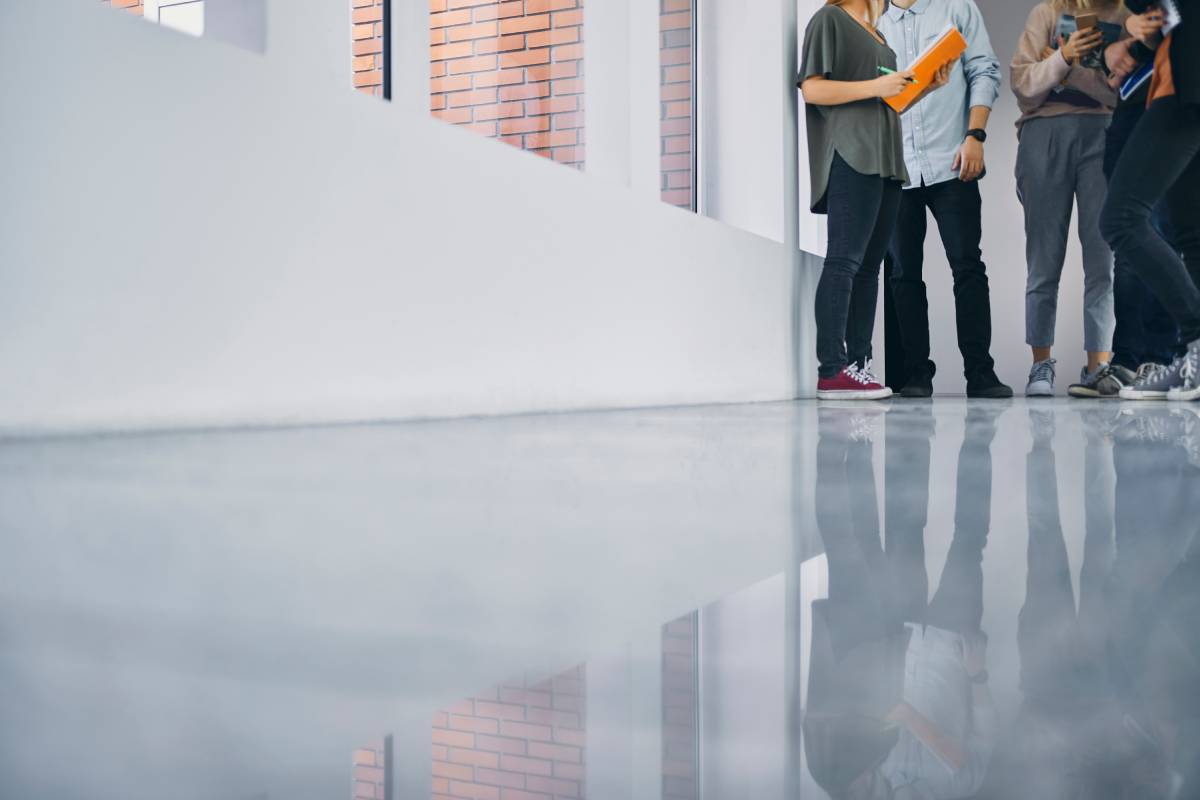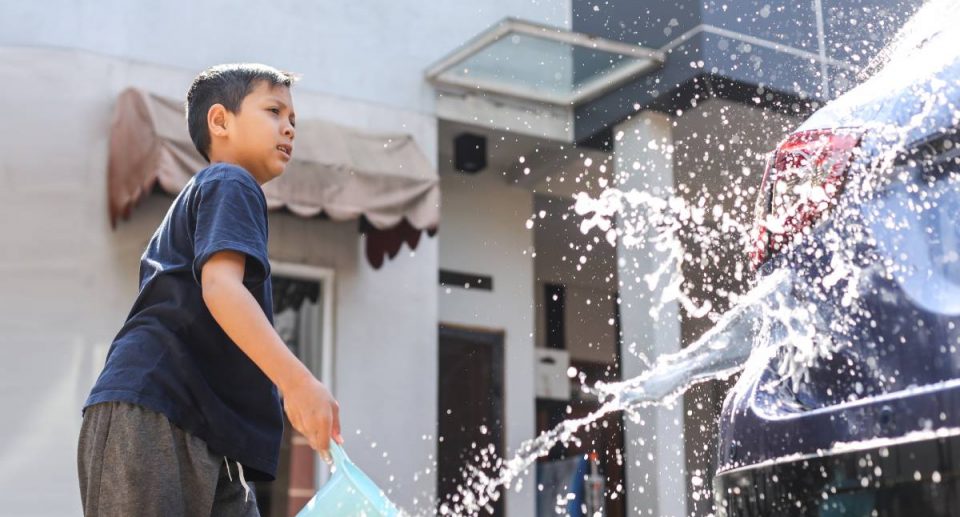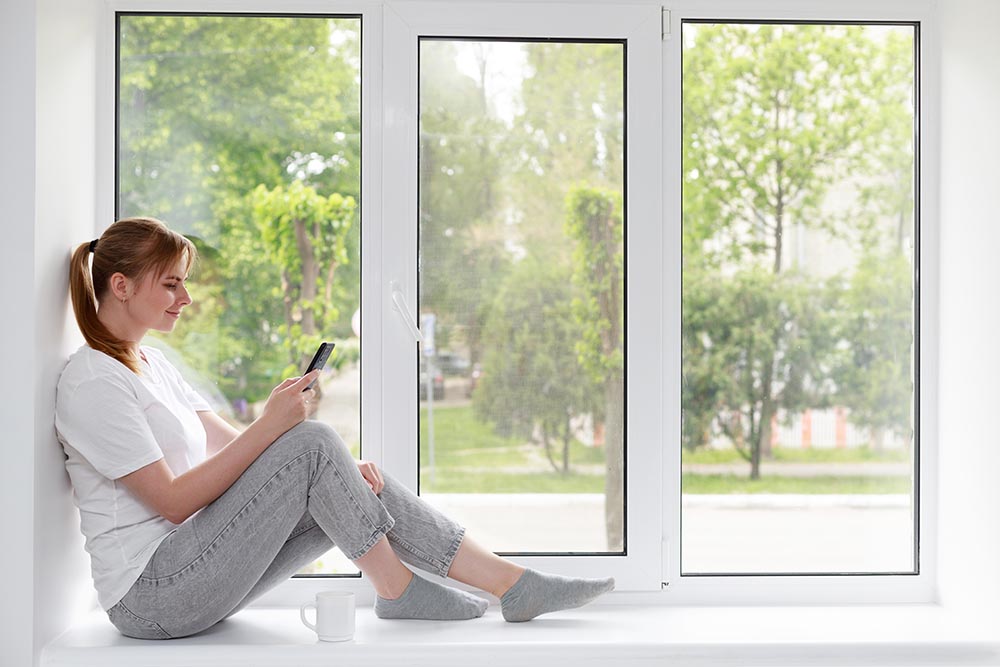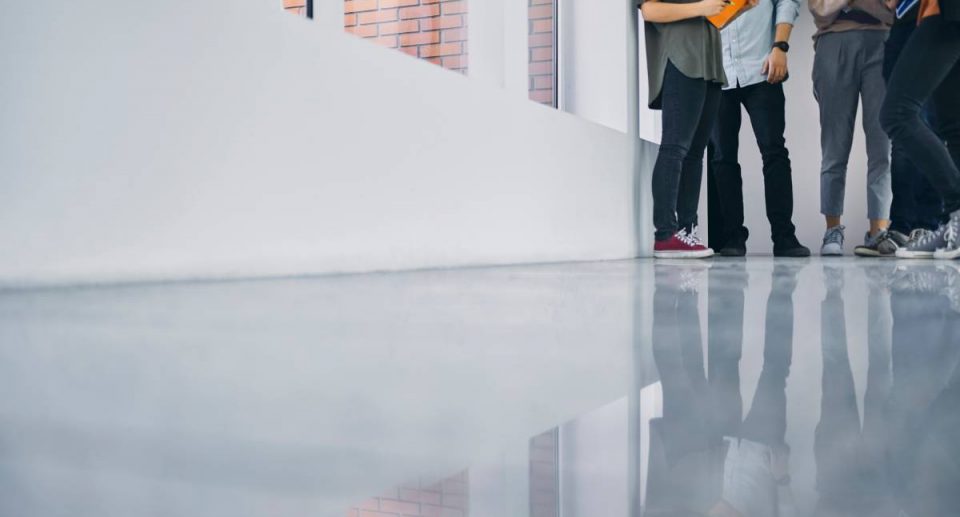
Epoxy flooring has gained unprecedented popularity in the past few years; the recognition for this success is attributed to its durability as well as its heavily customisable aesthetic appeal. Additionally, epoxy floors are easy to clean and maintain, if done right, making it an extremely versatile flooring choice not only commercially but also for home uses. In areas like Brisbane and the Gold Coast, many have already opted for an epoxy garage floor to take advantage of its incontestable attractiveness and versatility.
Beyond just the alluring appeal of epoxy floors, there are advantages and disadvantages to installing this flooring option. This article shall dive into the various pros and cons associated to aid you in making your decision during your next flooring project.
What is Epoxy Flooring?
Epoxy Flooring refers to the combination of two components: the resin and the hardener (epoxy curing agent). The mixture of these two causes a reaction, making the epoxy resin harden and transforming the mixture into a durable thermoset material which is significantly resistant to physical and chemical damage.
Epoxy coating is usually the go-to choice for industrial and commercial settings where there is predicted heavy traffic, from either foot traffic or heavy machinery, and rough conditions where wear and tear are more likely. Its water-resistant and slip-resistant features coupled with the low maintenance required have made it a stellar choice for commercial and residential uses alike.
The Advantages of Epoxy Flooring
- Unmatched Durability:
Once the resin has hardened, epoxy flooring’s durability is unmatched. Installing the flooring properly makes it extremely hard and resistant to chipping, staining and scratching, indicating its suitability for high-traffic areas. Depending on the conditions it has to resist, such as exposure to UV rays outdoors from the sun, the coating can be applied to add an extra layer of resistance to ensure its longevity.
This translates to incurring lower long-term costs due to the minimal maintenance this flooring type requires.
Just ensure that it is installed properly to harness the full benefits. Poorly applied Epoxy flooring bubbles, peel and chip away with ease. That’s why it is vital to get a professional and experienced team on the job if you want yours to be done right. Epoxy flooring specialists such as Platinum 3 Epoxy Flooring Services can guarantee your flooring project is conducted with utmost care and professionalism.
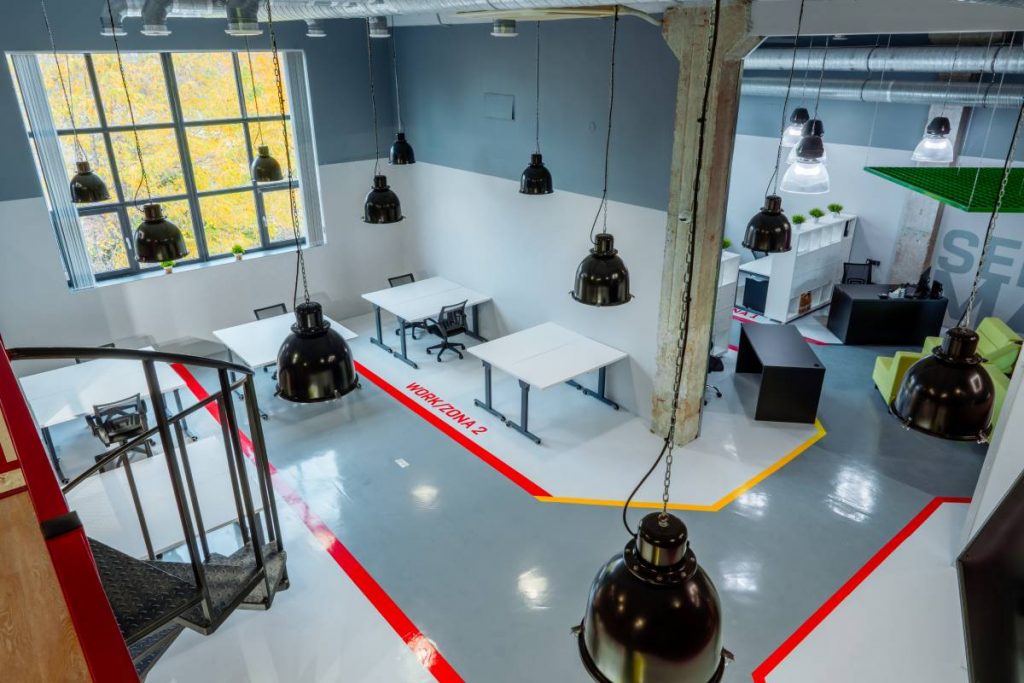
- Low Maintenance:
As aforementioned, one of the most obvious advantages of epoxy flooring is that it requires low maintenance. While other flooring alternatives may necessitate frequent waxing or sealing, it is enough with just soap and water to clean an epoxy floor. For this reason, epoxy flooring is a very cost-effective and time-saving option for busy environments.
Take your garage, for example. An epoxy garage floor can withstand any activities that usually occur in it: from car maintenance to DIY projects, storage, and so on. These types of activities regularly result in stains, spills, and a buildup of dirt. With epoxy flooring, these clean-ups are no longer daunting but are just a quick sweep and mop with soap and water away from retaining the garage’s cleanliness.
Additionally, because epoxy is a seamless surface there are no grout lines or seams where dirt and grime can be trapped. This means that cleaning becomes even simpler and more effective as there is no place where the dirt can hide.
- Longevity:
One of the main attributes that makes epoxy floors a popular choice is their longevity. When installed, cured properly, and maintained well, it can last for many years or even decades to come. The long-term value of the investment is clear as the nature of the epoxy flooring provides a robust composition even in the most demanding of environments, saving you money on frequent maintenance and renovation.
- Customization Options:
Epoxy flooring benefits as well from its versatile design options. Compared to other types of flooring, such as hardwood, tile or vinyl, the customisation options available are bountiful. You can tailor the appearance of the flooring to match your preferences and design effortlessly. Want a matte cyan flooring? There‘s a coat for that. Perhaps a clean metallic khaki finish to match your hardwood ceiling? There’s a coat for that too.
From vibrant colours and finishes to specific texture requirements, there are various opportunities to customise the space to fit your unique and personalised vision.
- Enhanced Safety:
This flooring type benefits from providing many safety features as a result of the nature of the material. It’s slip-resistant, fire-resistant, impact-resistant and chemical-resistant making it an ideal and versatile choice for all sorts of environments. Additional coating can be applied to enhance specific safety features. If you need an extremely slip-resistant surface, you can add flakes to give it extra traction and texture, reducing the risk of slips and falls.
The Disadvantages of Epoxy Flooring
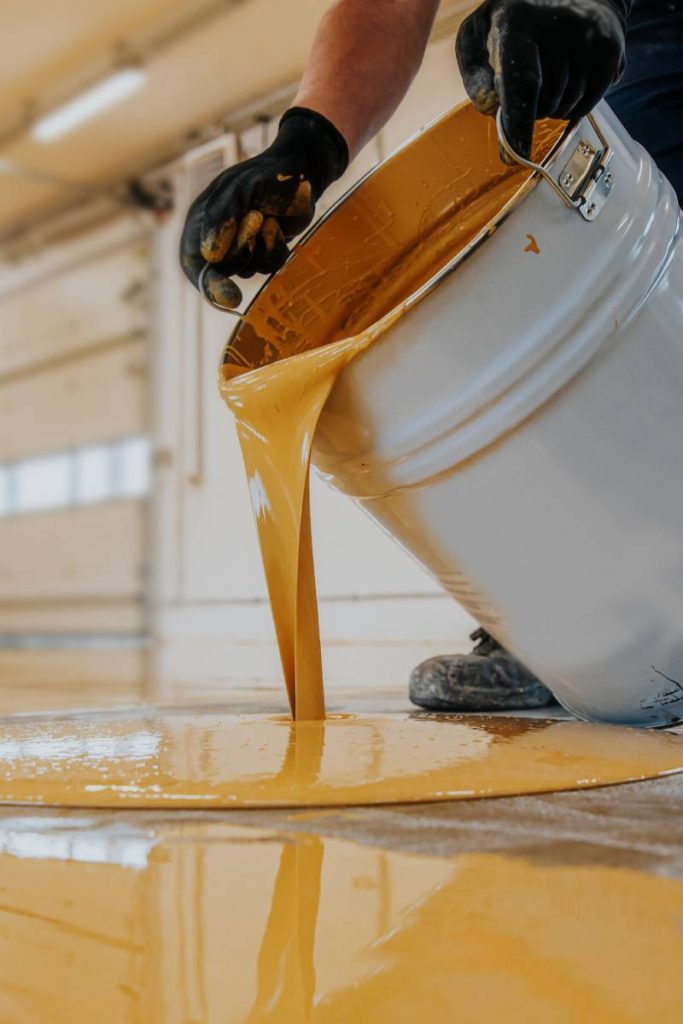
- Complex Installation Process:
Epoxy flooring installation can be a long and strenuous process. While it is true that the flooring can be applied directly on top of a concrete surface, improper surface preparation can result in a gruelling repair process. The surface has to be thoroughly cleaned, primed and voided of all contaminants such as grease and oil. Different preparation processes are required depending on the surface type. This complexity may result in a longer installation process and, subsequently, higher labour costs.
- Temperature Sensitivity:
One of the main drawbacks of epoxy flooring is its susceptibility to fluctuating and extreme temperatures. The curing time can be drastically extended from an average of 12 hours to 24 hours to an upper limit of 72 hours if the curing environment is too cold.
Moreover, temperature fluctuations can cause the epoxy to not bond properly, resulting in not only reduced strength and durability but also eventually leading to cracking and delamination. Proper climate control is required to ensure the longevity and durability of epoxy flooring.
- Initial Odor and Curing Time:
Epoxy flooring is popular due to the low levels of volatile organic compounds (VOC) which is indicative of a low emission of vapour during the handling of the material. However, this depends on the type of epoxy as some may release a strong pungent odour without the proper ventilation. Couple with the potentially long curing time, the renovated area will be out of order for potentially a couple of days.
- Slippery When Wet:
While it is true that epoxy flooring is slip-resistant, they aren’t slip-proof, especially when wet. This applies to nearly every type of epoxy flooring and can cause extensive safety issues and increase the risks associated. Skid-resistant additives can be added as a topcoat and are essential in many cases in commercial settings such as kitchens and manufacturing facilities.
Conclusion
This article has highlighted the advantages of installing epoxy flooring, from the durability of the option to the customisable features. As a result of this, we can start to understand why it has become a popular choice. It is sleek and easy to maintain, making it ideal for all sorts of usage.
It is also important to recognise the disadvantages that can stem from epoxy flooring, with many of the main points being concerned with the installation process. It is a technical flooring method and requires the utmost care and expertise to be installed properly but once cured, there are very few downsides, other than the hazard it may pose when wet (which isn’t all that detrimental when we consider additives).
Thus, epoxy flooring for commercial or personal use is a great option when considering your next flooring project.
